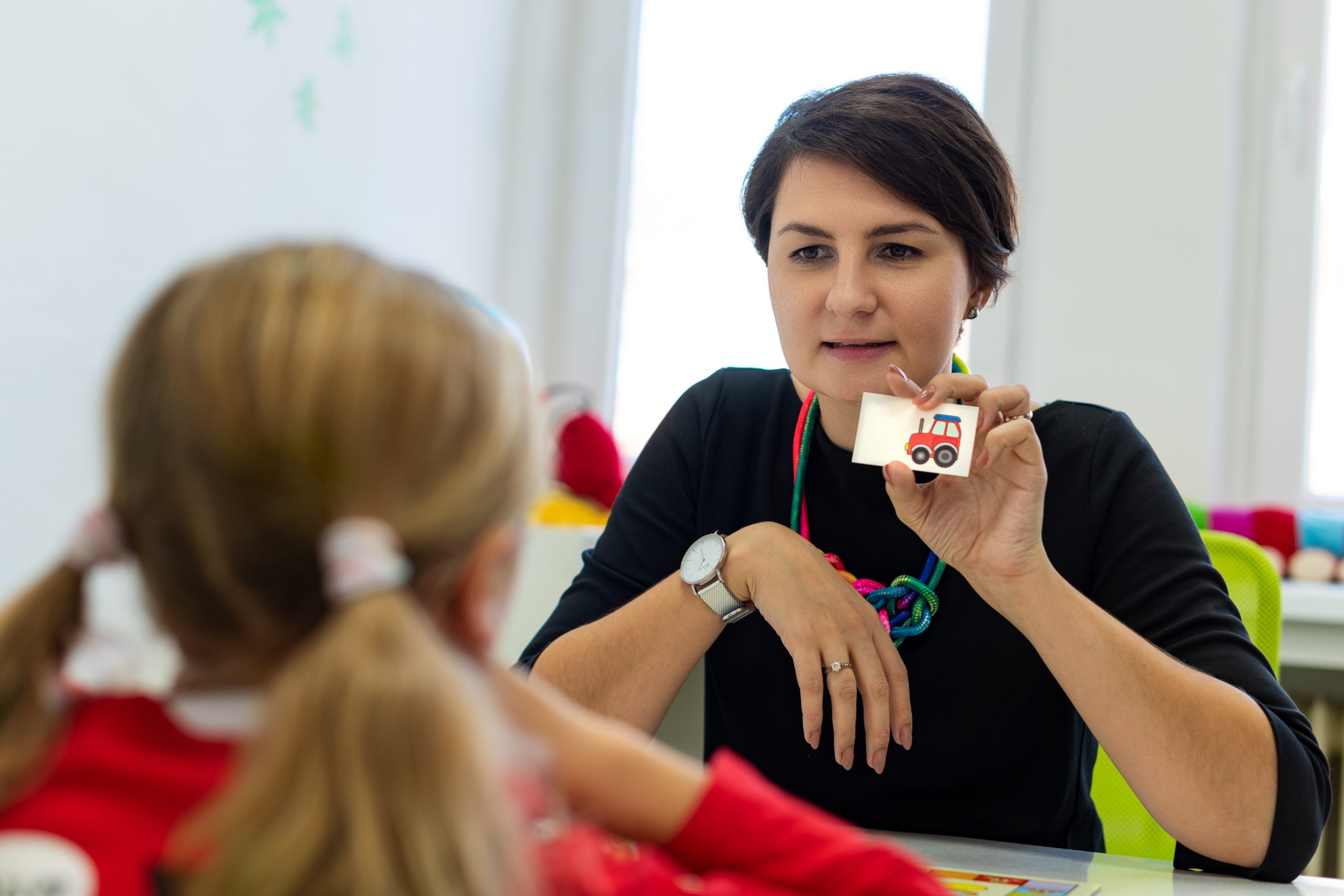
Support staff are striking. © andreaobzerova AdobeStock
<h2><span data-contrast="auto">Learning support is at breaking point, says a new report from the Aotearoa Educators Collective. </span><span data-ccp-props="{}"> </span></h2>
<p><span data-contrast="auto">An estimated 15 to 20 percent of the population is neurodivergent, but only six to seven percent of students receive publicly funded learning support. Support ranges from speech language therapists, psychologists, occupational therapists and teacher aides. </span><span data-ccp-props="{}"> </span></p>
<p><a href="https://www.schoolnews.co.nz/latest-print-issue/" target="_blank" rel="noopener"><b>Read the latest print edition of <em>School News</em> online HERE.</b></a></p>
<p><span data-contrast="auto">The report, titled </span><i><span data-contrast="auto">Beyond Capacity: Learning Support in Crisis</span></i><span data-contrast="auto"> details issues with funding systems, bureaucracy and children who cannot access support despite extra needs. </span><span data-ccp-props="{}"> </span></p>
<p><span data-contrast="auto">Māori and Pacific students, rural schools and neurodivergent students were most affected by chronic underfunding, fragmented provision and inconsistent access.</span><span data-ccp-props="{}"> </span></p>
<figure id="attachment_30495" aria-describedby="caption-attachment-30495" style="width: 300px" class="wp-caption alignnone"><img class="size-medium wp-image-30495" src="https://www.schoolnews.co.nz/wp-content/uploads/2024/05/AdobeStock_163289126-300x225.jpeg" alt="" width="300" height="225" /><figcaption id="caption-attachment-30495" class="wp-caption-text">Learning support in New Zealand is beyond capacity, finds the report. © AUFORT Jérome Adobe Stock.</figcaption></figure>
<p><span data-contrast="auto">Dr Sarah Aiono, the report’s author, said schools were concerned about keeping children safe. One principal reported that a student would faint between 16 to 22 times a day, but she did not qualify for high health needs support so there was no funding to help the student during fainting spells. </span><span data-ccp-props="{}"> </span></p>
<p><span data-contrast="auto">“Her teachers and her peers in high school were left to manage every time she fainted,” said Dr Aiono. </span><span data-ccp-props="{}"> </span></p>
<p><span data-contrast="auto">“Teachers and principals are scared they’re going to lose a child to death, that a child is going to die under their care because they cannot provide the supervision to support that child to be safe at school.” </span><span data-ccp-props="{}"> </span></p>
<p><span data-contrast="auto">Children are now presenting with multiple needs, said Dr Aiono, describing it as a “perfect storm.</span><span data-ccp-props="{}"> </span></p>
<blockquote>
<p><span data-contrast="auto">“Needs are growing exponentially but the funding is not keeping up and our expertise or availability to specialist support is not available either.” </span><span data-ccp-props="{}"> </span></p>
</blockquote>
<p><span data-contrast="auto">New Zealand Principals’ Federation President Leanne Otene had also recently called for more learning support investment, saying that growing numbers of new entrants need additional support with communication and behaviour. </span><span data-ccp-props="{}"> </span></p>
<p><span data-contrast="auto">She said the pandemic was partly to blame as many children had not had early childhood learning due to the lockdowns. </span><span data-ccp-props="{}"> </span></p>
<p><span data-contrast="auto">Dysregulated behaviour and undiagnosed needs are high in children without early childhood education, says Ms Otene. </span><span data-ccp-props="{}"> </span></p>
<p><span data-contrast="auto">“It’s more prevalent in those children who have not had early childhood education, they’ve had no transition at all.</span><span data-ccp-props="{}"> </span></p>
<p><span data-contrast="auto">“Our 5-year-olds are coming to school with oral language so low, we can’t communicate with them.</span><span data-ccp-props="{}"> </span></p>
<blockquote>
<p><span data-contrast="auto">“Learning support is the most important and critical issue that principals are dealing with right now. And we are really hoping that this budget, that we see an investment in learning support.”</span><span data-ccp-props="{}"> </span></p>
</blockquote>
<p><span data-contrast="auto">The report follows a call from the sector for increased funding for support staff. </span><span data-ccp-props="{}"> </span></p>
<p><span data-contrast="auto">On the morning of Friday 16 May, over 100 support staff professionals, teachers, principals and whānau carried an open letter signed by over 22,000 people to Education Minister Erica Stanford’s office. The letter called for an investment into school staff such as teacher aides, therapists, science technicians, librarians kaiārahi i te reo and administrators.</span><span data-ccp-props="{}"> </span></p>
<p><span data-contrast="auto">Ms Stanford did not meet with the group. </span><span data-ccp-props="{}"> </span></p>
<p><span data-contrast="auto">Teacher aide Jan Monds says “there are not enough teacher aides to give tamariki the support they need, and that’s heartbreaking to see.</span><span data-ccp-props="{}"> </span></p>
<blockquote>
<p><span data-contrast="auto">“Many support staff professionals feel undervalued. We want to feel respected and secure in our jobs, but many of us keep seeing our hours cut because of the funding shortfall.”</span><span data-ccp-props="{}"> </span></p>
</blockquote>
<p><span data-contrast="auto">Te Manukura | President of NZEI Te Riu Roa, Ripeka Lessels, said the union hopes to see “a meaningful investment in learning support” on Budget day. </span></p>

NZCER found generative AI tools are frequently used to support teaching and learning in primary…
The Ministry decision to discontinue a reading resource over kupu Māori has angered the sector…
NCEA was designed to broaden educational success, explains David Pomeroy from the University of Canterbury.
More than just a break from the classroom, a visit to a zoo or wildlife…
Without proper maintenance and care, trees can become a hazard. Are your trees in need…
Loneliness and social disconnection negatively impact wellbeing. A new WHO report finds teens feel the…
This website uses cookies.